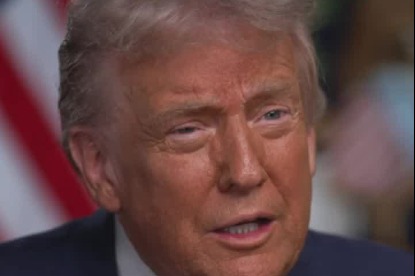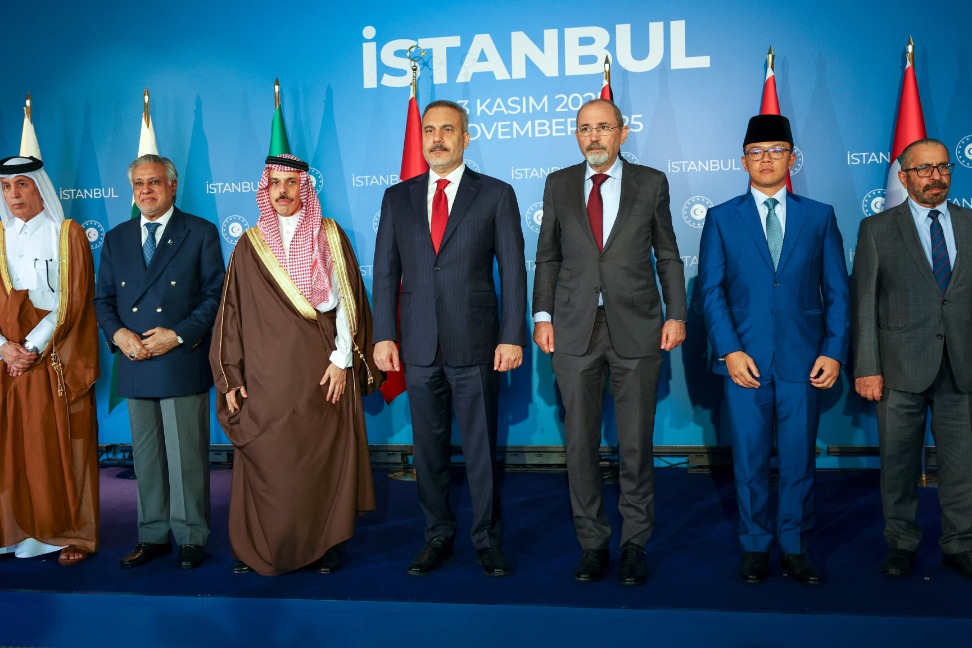British PM hails Brexit deal but must sell it to doubtful ministers

For the EU, reeling from successive crises over debt and immigration, the loss of Britain is the biggest blow yet to 60 years of efforts to forge European unity in the wake of two world wars.
EU leaders could meet on Nov 25 for a summit to seal the Brexit deal if May's cabinet approves the text, Irish Prime Minister Leo Varadkar said.
The ultimate outcome for the United Kingdom remains uncertain: scenarios range from a calm divorce to rejection of May's deal, potentially sinking her premiership and leaving the bloc with no agreement, or another referendum.
May, an initial opponent of Brexit who won the top job in the turmoil following the referendum, has staked her future on a deal which she hopes will solve the Brexit riddle: leaving the EU while preserving the closest possible ties.
EU supporters say the deal leaves Britain worse off and subject to the bloc's rules without any say in them. Scottish nationalists have demanded that Scotland, where voters backed staying in the EU, get the same special treatment as Northern Ireland.
Conservative lawmakers have to factor in the implications of defeating the deal which could topple May, delay Brexit, pave the way for a national election or lead to a new referendum.
The government has yet to give details of the Brexit deal, which runs to hundreds of pages, although a statement to parliament was likely on Thursday.
Supporters argue that in the longer term Brexit will allow the United Kingdom to thrive and strike global trade deals.
Some business chiefs were positive about May's deal.
"My gut feeling is we need to get behind it and we need to make this deal work. What we need is certainty," said Juergen Maier, the UK CEO of German engineering giant Siemens.
But James Stewart, head of Brexit at accounting firm KPMG said: "Until there is broader political alignment and fewer risks, business leaders have little option but to continue to assume that the quest for a deal could yet be derailed."
Reuters
































